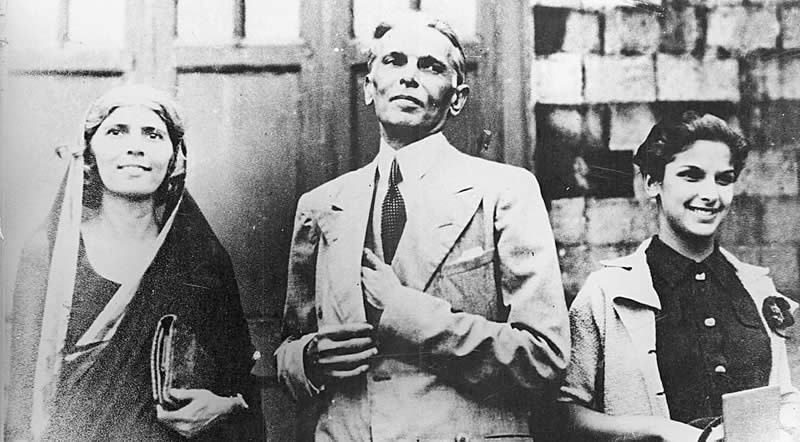 Long after the waters have receded, the floods seem ready to leave more than the 20 million affected high and dry. The constant deliberations on how to go about imposing a one-time flood tax and internally raising funds for the rehabilitation of the flood-affected seems to have finally gained some traction. However, if we were hoping for some fair and even distribution of the tax burden that is being dumped upon the citizens, we were sadly mistaken. The federal cabinet has approved an increase in the income tax of those individuals whose salaries are more than Rs 300,000 annually, starting from January 2011 for six months. This aims to generate some Rs 40 billion for the flood-affected. Once again the salaried class has come under direct fire at a time when inflation is breaking the backs of the masses. It is a wonder that the issue of tax evasion and holding to account the culprits who indulge in this practice has been shunned in favour of further taxing the already heavily taxed.
Long after the waters have receded, the floods seem ready to leave more than the 20 million affected high and dry. The constant deliberations on how to go about imposing a one-time flood tax and internally raising funds for the rehabilitation of the flood-affected seems to have finally gained some traction. However, if we were hoping for some fair and even distribution of the tax burden that is being dumped upon the citizens, we were sadly mistaken. The federal cabinet has approved an increase in the income tax of those individuals whose salaries are more than Rs 300,000 annually, starting from January 2011 for six months. This aims to generate some Rs 40 billion for the flood-affected. Once again the salaried class has come under direct fire at a time when inflation is breaking the backs of the masses. It is a wonder that the issue of tax evasion and holding to account the culprits who indulge in this practice has been shunned in favour of further taxing the already heavily taxed.
The federal government has also decided to double the Special Excise Duty from one to two percent on non-essential and luxury goods both imported and local such as furniture, cosmetics, electronics, vehicles and arms. The third reform comes in the form of the Reformed General Sales Tax (RGST) that the government has decided to end all deliberation over by setting the rate of RGST at 15 percent instead of the bracket between 17 and 25 percent that existed earlier. It remains to be seen, however, what dominant role, if any, Sindh will have to play in the collection of this tax since Karachi is a commercial hub enabling Sindh to generate a greater amount of RGST. This has been an issue already plaguing the RGST reform. Items previously exempted from GST such as textiles, surgical goods and leather among others would be brought under the RGST net along with commercially run schools, etc. This spells even more increase in fees for those obtaining even half a decent education. Only core food items, charity organisations and small retail businesses have been exempted. Sugar, our most prized commodity nowadays, will become even more expensive due to this RGST. The increase in excise duty and the RGST are proposed to raise some Rs 72 billion.
The MQM leader, Altaf Hussain, voiced this same concern when he said that the rich and “feudal landlords” would go scot-free from any financial burden. Although the MQM is making full use of this opportunity to criticise the government and play its middle-class jingle, the masses will identify with his claims of a “price hike tsunami”. The PML-N, always ready to oppose anything, has cleverly positioned itself as the champion of the masses alongside the MQM to slam these measures. There is nothing surprising about that but the government ought to be aware that their scathing criticism will jibe well with the masses who are essentially the victims of an unequitable capitalist system. At a time when the entire country is reeling from daily price hikes in all essential goods and resources such as food, petroleum and electricity, these measures come as harbingers of doom.Considering that the federal cabinet’s reforms are yet to be approved and passed by parliament, there is still some time yet before they are implemented, if ever. All is not smooth sailing for the government who have a fiercely critical opposition and even allies – Dailytimes











